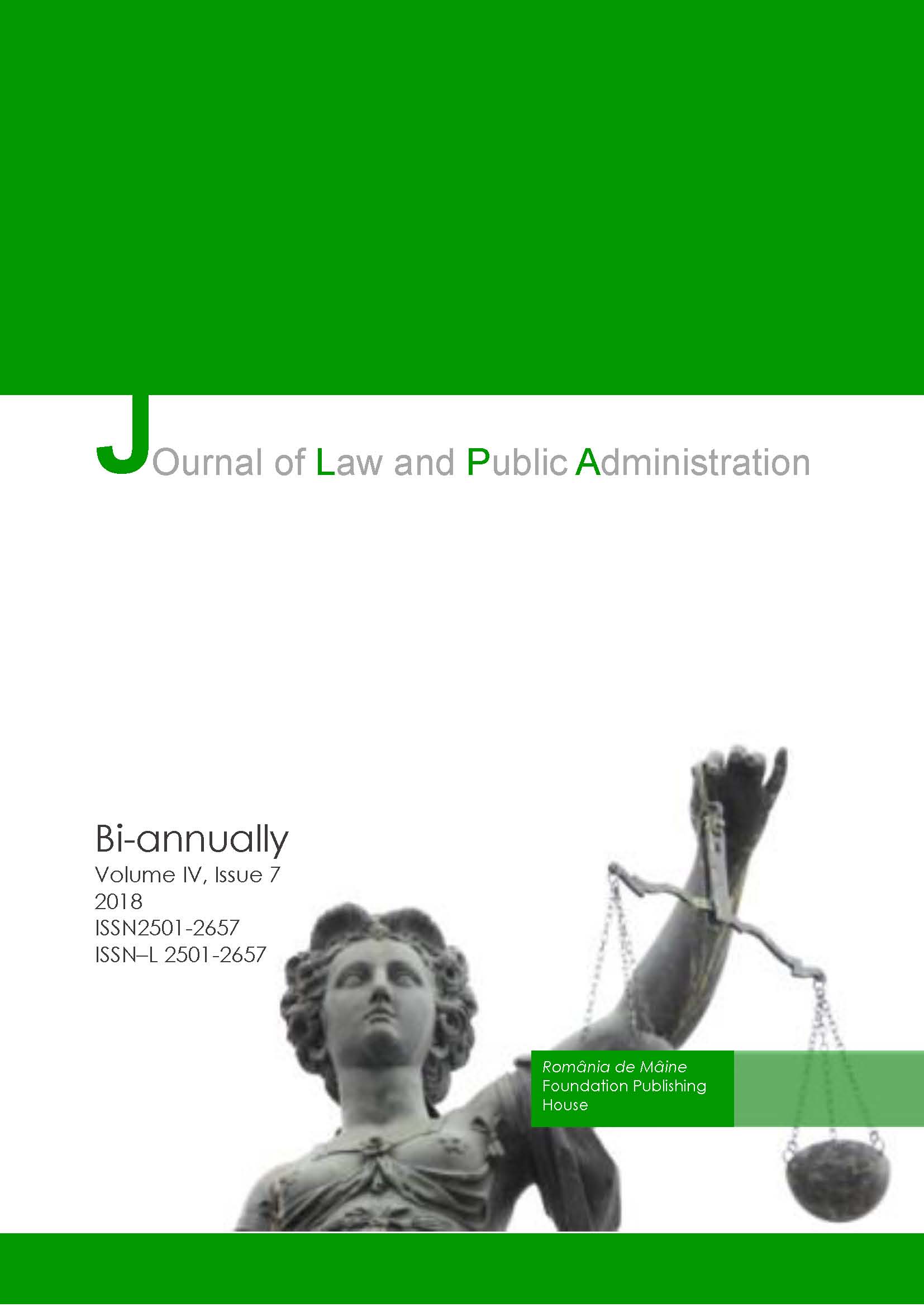The Evolution of Law and State Concepts from the Patrastic Period to the Age of Enlightment
The Evolution of Law and State Concepts from the Patrastic Period to the Age of Enlightment
Author(s): Constantin Cezar Tită, Violeta Dana TităSubject(s): Law, Constitution, Jurisprudence
Published by: Editura Fundaţiei România de Mâine
Keywords: individual; society; fundamental human rights; State; law
Summary/Abstract: Christian doctrine was originally one that addresses man in his intimacy, aiming at the moral rebirth of all. In the Age of Parenthood of the Church, Christian philosophy placed the Deity in the center of attention, the man being obliged to respect the biblical dogmas, and in material terms to submit to the political power. Respect due to religious rules has led to the denial of natural law and individual rights, since God was considered the source of all rules and, because he was Almighty, the individual had to obey these rules unconditionally. Based on this conception, the Church ruled Europe until the Lights Century when, under the pressure of human concepts, based on the old concept of natural law, the struggle against clerical authoritarianism and the absolute monarch began. All authors of this period are at the heart of the concerns Man, a rational being, which is born with a well-defined legal sphere, consisting of fundamental rights that everyone has to recognize and respect.As the expression of the new concepts of Humanity and its fundamental rights are the basis of the new ideas related to the State and the law, the idea of a state of law emerges in less form and the necessity of recognizing and guaranteeing the rights of the individual in the relations with the State. Man is free within the State, and his freedom must be guaranteed, and any harm to him, no matter who he comes from, must be sanctioned by the State through its institutions.
Journal: Journal of Law and Public Administration
- Issue Year: IV/2018
- Issue No: 7
- Page Range: 94-102
- Page Count: 9
- Language: English

